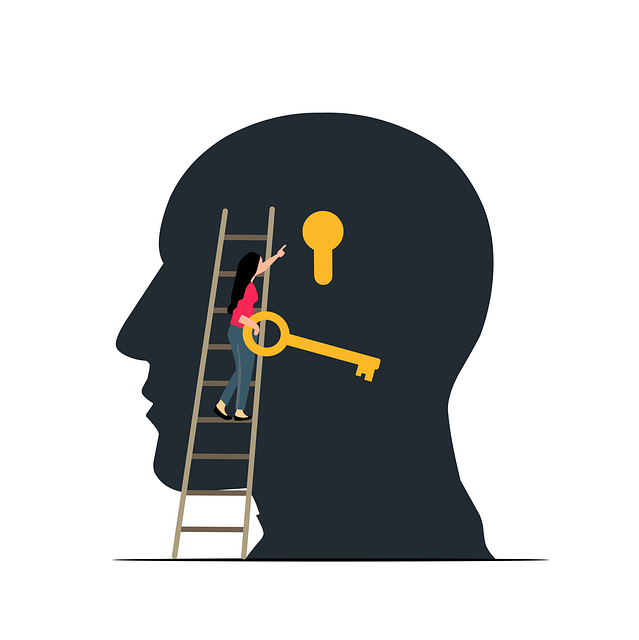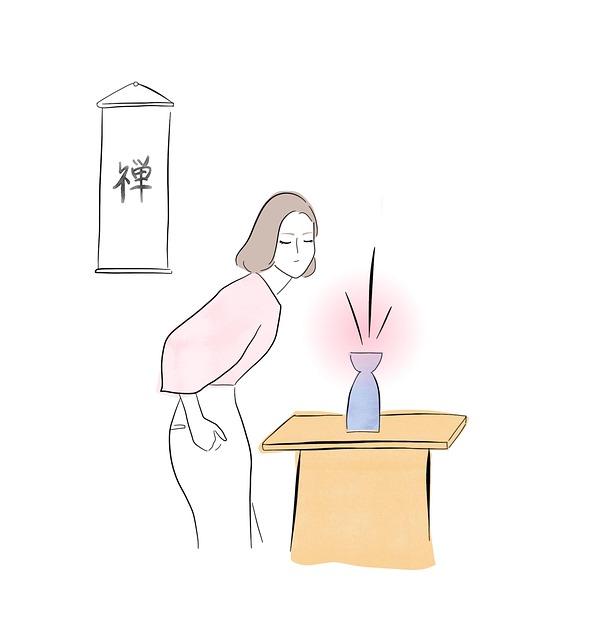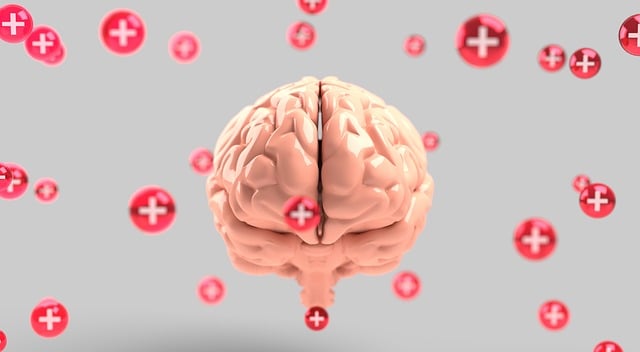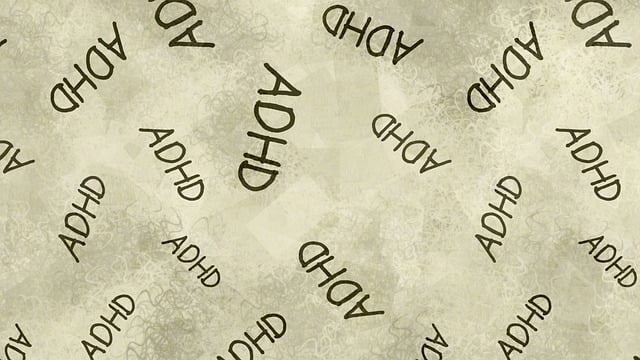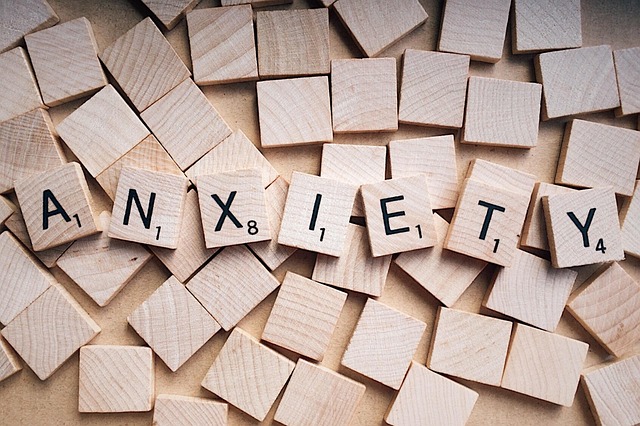Enhancing therapist care through personalized self-care is crucial for delivering superior therapy. By assessing individual mental health needs, therapists can tailor self-care practices including mindfulness, creative outlets, and reflection periods to boost confidence and prevent burnout. Open communication, cultural competency training, and self-awareness exercises foster a nurturing environment that improves client engagement and outcomes, ultimately benefiting both therapists and their clients.
In today’s fast-paced world, cultivating mental wellness through a dedicated self-care routine is paramount. This article guides therapists and clinicians on crafting personalized rituals that cater to individual mental health needs. We explore evidence-based tools and techniques to enhance self-care practices, ensuring professionals can sustain their well-being over the long term. By understanding your unique mental health landscape, you can develop a superior therapy approach, fostering both personal growth and effective patient care.
- Understanding Your Mental Health Needs: A Foundation for Self-Care
- Crafting Personalized Rituals: Tools and Techniques for Therapists
- Sustaining and Enhancing Your Routine: Strategies for Long-Term Wellness
Understanding Your Mental Health Needs: A Foundation for Self-Care

Understanding your mental health needs is a crucial step in developing an effective self-care routine. As a therapist or clinician, it’s essential to recognize that each individual has unique psychological requirements. This foundation begins with assessing one’s emotional state and identifying triggers or stressors that impact overall wellness. By gaining insight into these factors, professionals can tailor their self-care practices to address specific needs, ensuring a holistic approach to mental health maintenance.
A superior therapy practice for therapists involves integrating self-care into daily routines. This includes implementing confidence-boosting strategies, as well as emotional healing processes that support resilience and coping mechanisms. Additionally, risk management planning is vital for mental health professionals to prevent burnout and maintain optimal performance. Through these proactive measures, therapists can provide better care while safeguarding their own mental wellness.
Crafting Personalized Rituals: Tools and Techniques for Therapists

Crafting personalized rituals is a powerful tool for therapists to enhance their superior therapy for clients. By incorporating tailored self-care routines, therapists can create a supportive and nurturing environment, fostering better client engagement and outcomes. These rituals serve as meaningful practices that go beyond traditional talk therapy, offering a holistic approach to mental wellness. Through this method, therapists can model effective coping mechanisms, promote resilience, and provide trauma support services seamlessly integrated into the therapeutic process.
Effective rituals may include mindfulness exercises, creative outlets, or structured reflection periods. Therapists can guide clients in developing these personal practices, leveraging communication strategies tailored to individual needs. Additionally, healthcare provider cultural competency training plays a vital role in creating inclusive rituals that respect diverse backgrounds and experiences, ensuring every client feels seen and heard throughout their self-care journey.
Sustaining and Enhancing Your Routine: Strategies for Long-Term Wellness

Maintaining a mental wellness self-care routine is an ongoing journey that requires dedication and creativity. To sustain and enhance your routine over time, therapists and clinicians can incorporate strategies that support long-term well-being. One effective approach is to integrate communication strategies that facilitate open dialogue with clients, fostering a safe space for sharing experiences and emotions. This not only strengthens the therapeutic bond but also provides valuable insights into individual needs.
Additionally, focusing on inner strength development through regular self-awareness exercises can empower individuals to better manage stress and challenges. Engaging in activities like journaling, meditation, or mindfulness practices allows one to connect with their thoughts and feelings, thereby promoting personal growth and resilience. By consistently attending to these aspects, the routine becomes a dynamic process that adapts to changing circumstances, ensuring sustained mental wellness.
Developing a robust mental wellness self-care routine is a transformative journey, especially with tailored tools from Superior Therapy for Therapists-Clinicians. By understanding individual needs and crafting personalized rituals, professionals can enhance their well-being and provide even more effective care. Sustaining this routine through long-term strategies ensures a resilient and fulfilling practice, allowing therapists to navigate challenges with renewed energy and passion.


